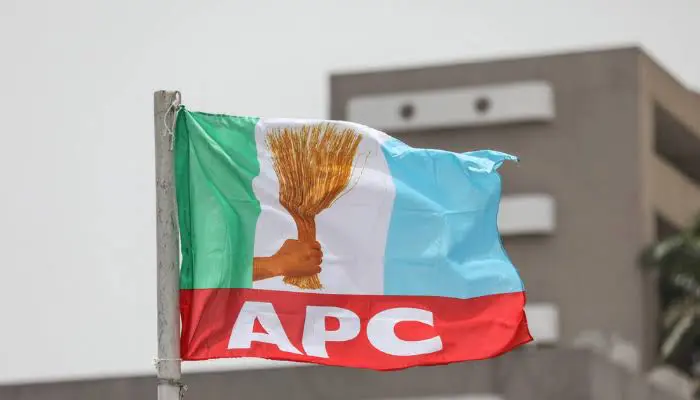Strengthening the African Growth and Opportunity Act for a Sustainable Future
As the African Growth and Opportunity Act (AGOA) approaches its 2025 expiration date, it is crucial that Congress reauthorizes and strengthens this vital program to support workers, diversify supply chains, and protect the climate. AGOA has the potential to be a powerful tool for economic development and cooperation between the United States and Africa, but it requires significant improvements to reach its full potential.
Low Utilization and Dominance of Fossil Fuels:
AGOA’s utilization rates vary significantly among beneficiary countries, with some countries like Kenya and Lesotho boasting high utilization rates, while others struggle to produce goods eligible for preferential tariffs. The program’s dominance of fossil fuels, particularly crude oil, is also a concern, as it limits the benefits of AGOA for African economies and hinders the transition to a low-carbon economy.
Investing in AGOA Beneficiaries:
To address these challenges, Congress should invest in African industries and personnel to help American importers identify and develop new African supply chain partners. This includes increasing investments in African mining and processing capabilities, ensuring that U.S. taxpayer-funded investments include clear and enforceable standards for workers’ and environmental sustainability, and promoting the development of African critical mineral deposits.
Decarbonizing Heavy Industry:
The build-out of African economies and industries will require exponentially more basic materials, such as iron, steel, and cement. Direct U.S. support for cleaner manufacturing processes, such as LC3 technology for cement and green hydrogen-based direct reduced iron, can set development on a climate-conscious pathway and establish major manufacturing hubs on and for the continent.
Expanding Engagement and Technical Assistance:
To ensure AGOA utilization, investing in African industries, and meeting high standards, Congress should fund a significant expansion of the Foreign Commercial Service (FCS) footprint in sub-Saharan Africa and task new on-the-ground staff with helping African exporters utilize AGOA and U.S. manufacturers with finding new supply chain partners in Africa.
Reauthorizing AGOA alongside a multibillion appropriation to support additional DFC investments in sub-Saharan Africa and a significant increase in the number of FCS staff in the region would send a strong message to the United States’ African partners and U.S. industry that AGOA remains an important part of the nation’s economic and foreign policy toolkit.



